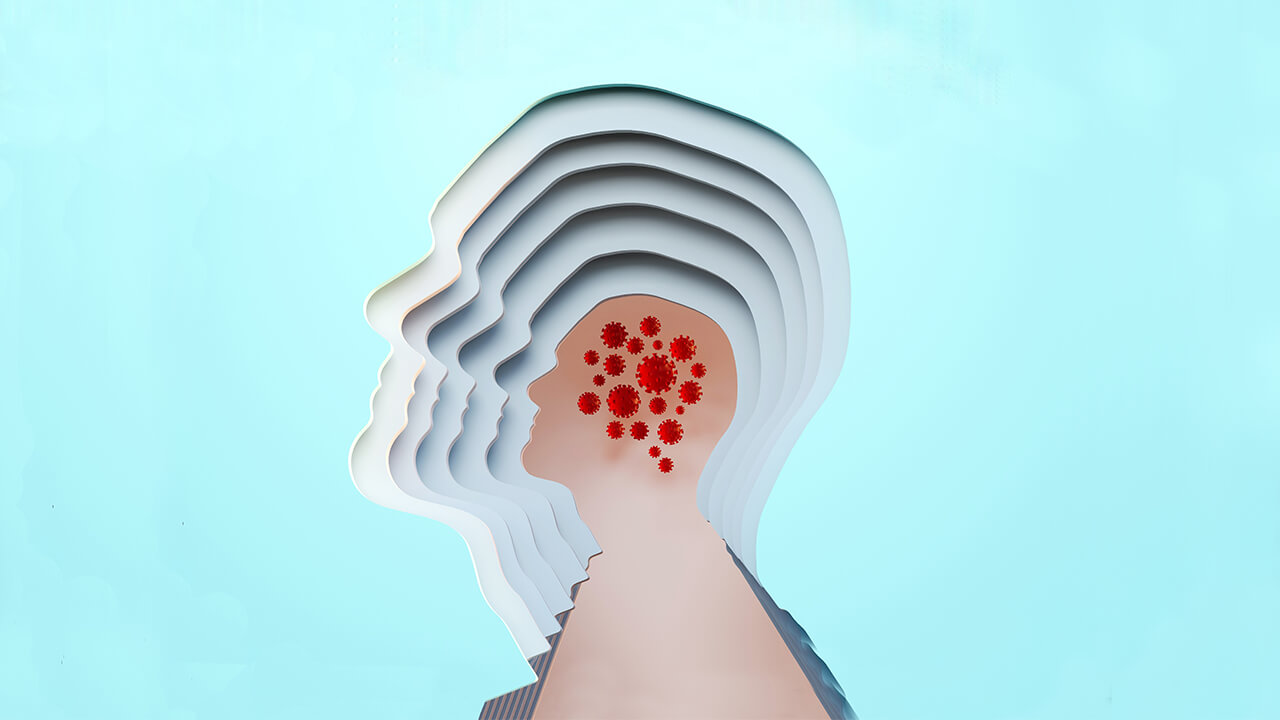Harvard Kennedy School PhD student Ke Wang, along with his advisor, Thornton F. Bradshaw Professor of Public Policy, Management & Decision Science Jennifer Lerner – a Shorenstein Center resident faculty member – and a team of other co-authors, published a new study today in the journal Nature Human Behaviour.
Read more about their new research on the Kennedy School’s website. An excerpt of this summary article is below:
The COVID-19 pandemic increased negative emotions across the world. People reported poor mental health and behavior problems including sleeping less, consuming more drugs and alcohol, struggling to concentrate, and fighting more with loved ones.
Over the past year, researchers from scores of countries joined together to study whether interventions to mitigate negative emotions and increase positive emotions could improve psychological resilience and help people respond better to adversity.
Their findings, released today in a paper in Nature Human Behaviour show that using a simple method to help people think differently about their situations improved their emotional response. That emotion regulation strategy, known as reappraisal, “consistently reduced negative emotions and increased positive emotions” among the study’s participants. “Importantly, the effects of the intervention were not meager,” helping ease the emotional toll caused by lockdown and self-isolation.
“The findings demonstrate the viability of creating scalable, low-cost interventions for use around the world to build resilience during the pandemic and beyond,” the authors report.
Read more at hks.harvard.edu, and read the full paper at Nature Human Behaviour.


